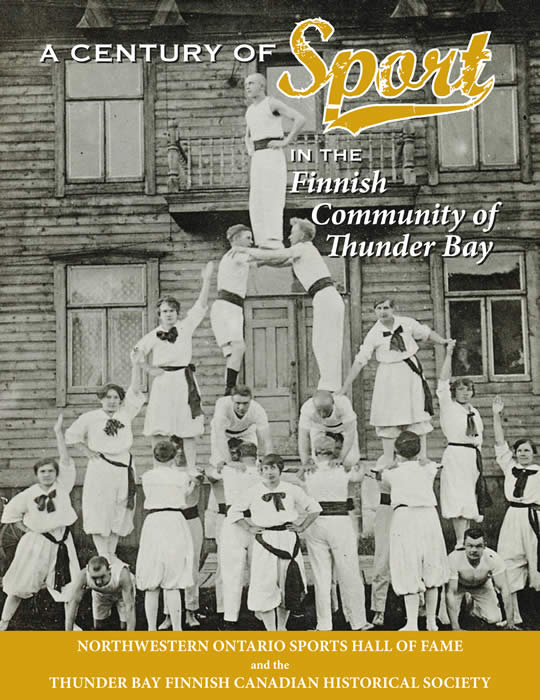Faculty and Students Receive Research Grants
December 22, 2014 – Thunder Bay and Orillia
Faculty and students in the Department of History have received over $185,530 in funding from the Social Sciences and Humanities Research Council (SSHRC) to help answer some fascinating historical questions.
Dr. Pallavi Das is receiving an Insight Development Grant of $58,530 over two years to examine the social-economic impacts of climate change and how people respond to it. The focus of the study is a horticultural community in the Himalayas.
This research will examine the impacts of climate change on people from 1940 until 2013 in the Himalayas. It will stress the experience and perception of ordinary people while also considering experts, government officers and business owners. Mountain ecosystems and communities such as those in the Himalayas are more vulnerable to the adverse impacts of climate change.
Four members of the Department (Michel S. Beaulieu, Pallavi Das, Ronald Harpelle, and Steven Jobbitt) are part of a three-year $90,000 SSHRC Aid to Small Universities Grant led by Dr. Das to build research capacity by encouraging new research activities among faculty with diverse interests and experience. Focusing on issues related to local, regional, and global development, the research group brings together scholars from multiple disciplines (included faculty from Natural Resources Management and Sociology) working on issues pertaining not only to Canada, but also to Latin America, India, Africa, and Europe.
Two history graduate students are also among four students who have received awards for their research projects.
Second year MA student Kimberly Shirley is receiving a SSHRC scholarship for $17,500 to examine how immigrants influenced the culture of death in Canada. She will examine symbolism on the grave markers of Europeans who immigrated and settled in and around Thunder Bay.
First year MA student Richard Mastrangelo also received a $17,500 SSHRC scholarship to explore the history of the development of single-industry mining communities in Northern Ontario. He is exploring the social and cultural effects of reliance on a single industry from the perspective of miners, their families, and other regional actors such as Indigenous Peoples.









